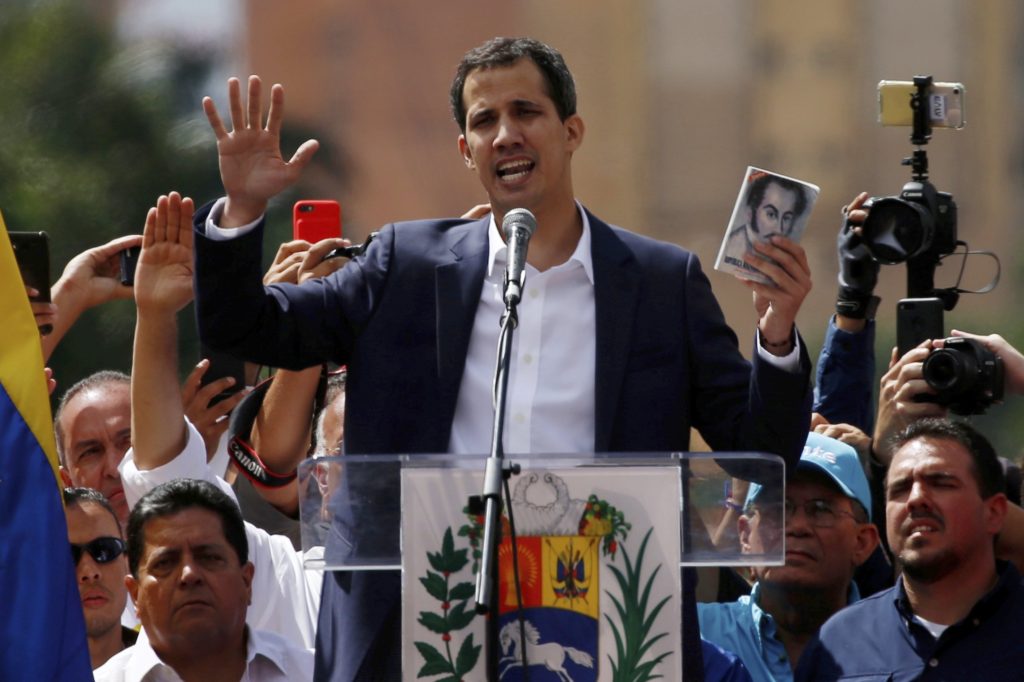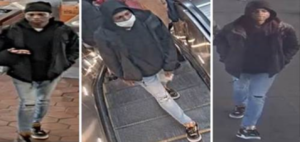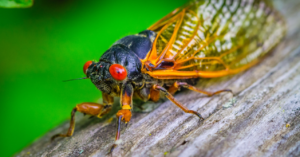U.S. Government Recognizes Venezuelan Interim President Guaidó


By Alex Santana
President Donald Trump officially recognized Juan Guaidó as the Interim President of Venezuela on January 23rd, the day after Vice President Mike Pence called Guaidó stating the United States would support him and his new government over dictator Nicolas Maduro. Over 20 countries in Latin America and Europe as well as Canada and Australia have also recognized the 35-year-old who had been serving as President of the Venezuelan National Assembly since January 5th. Most recently Israeli Prime Minister Benjamin Netanyahu announced his government’s recognition of Guaidó as the nation’s legitimate leader on Sunday. On Saturday, the European Union (EU) urged Maduro to call for elections within eight days or it would recognize Guaidó as Venezuela’s legitimate president. On Tuesday Pence welcomed to the White House Guaidó’s U.S. representative, Carlos Alfredo Vecchio. Vecchio told reporters after the meeting “This is a fight between democracy and dictatorship. This is a fight between a dictatorship which is totally controlled by the Cuban regime against the free world.” President Trump called Guaidó on Wednesday and tweeted a statement shortly thereafter saying “Spoke today with Venezuelan Interim President Juan Guaidó to congratulate him on his historic assumption of the presidency and reinforced strong United States support for Venezuela’s fight to regain its democracy….”
Members of socialist dictator Maduro’s inner-circle, including his wife, have been sanctioned by the U.S. Treasury Department in recent months as a result of the killings and arrests of political opponents and the denial of basic human rights such as freedom of speech and press. Maduro has stayed in power after a fraudulent May 2018 election that had turnout at 46%. Maduro assumed power in 2013 when Hugo Chavez died after ruling the once prosperous oil-rich nation since 1998. On Tuesday the U.S. Department of State warned Americans not to travel to Venezuela “due to crime, civil unrest, poor health infrastructure, and arbitrary arrest and detention of U.S. citizens.” The warning also added that “Venezuelan authorities may not notify the U.S. Embassy of the detention of a U.S. citizen, and consular access to detainees may be denied or severely delayed.” A 2018 Washington Post article stated the crisis has left nearly 87 percent of Venezuelans in poverty, generated the world’s highest inflation rate, and made food and medicine scarce.”
Since 2015 between two and four million Venezuelans have fled their homeland as a result of the economic, social, and political crisis to neighboring countries like Brazil and Colombia. Estimates by the United Nations (UN) state that number could grow to 5.3 million by the end of 2019. The White House claims there are more than 280 opponents of Maduro are political prisoners as of December 2018. Aside from extrajudicial killings and arbitrary arrests, economic turmoil has led to “to hyperinflation exceeding one million percent in 2018, worsening already dire economic circumstances” according to a White House statement. In a speech to the Organization of American States (OAS) in Washington, D.C. U.S. Secretary of State Mike Pompeo stated “the United States is ready to provide more than $20 million in humanitarian assistance to the people of Venezuela. These funds are to help them cope with the severe food and medicine shortages and other dire impacts of their country’s political and economic crisis.”
Secretary of the Treasury Steven Mnuchin stated the Trump Administration has authorized Guaidó to receive assets of the Venezuelan Government held at the U.S. Federal Reserve and has blocked assets owned or controlled by PDVSA, the country’s state-owned oil company. On Saturday Secretary Pompeo spoke at the United Nations Security Council in New York City about the crisis in Venezuela. Pompeo stated “We call for Venezuelans to work now together to peacefully restore the constitutional government and return the country to a secure, democratic, and prosperous path. And I want to be 100 percent clear: President Trump and I fully expect that our diplomats will continue to receive protections provided under the Vienna Convention. Do not test the United States on our resolve to protect our own people.” U.S. Embassy personnel were told they had 72 hours to leave Venezuela but Maduro has now stated his regime is in the process of allowing a U.S. Interests Office to be in the country and for U.S. personnel to stay in Venezuela unless no Interests Office is established.
Several members of Maduro’s regime in the United States have announced they are recognizing Guaidó. This includes consular officers in Miami, Florida and Houston, Texas as well as Colonel Jose Luis Silva, Venezuela’s military attaché in Washington, D.C. A rally in support of Guaidó in Miami attracted over 1,000 people, many of them Venezuelan exiles, Cuban Americans, and Nicaraguan Americans who support restoring democracy and freedom to Venezuela and throughout Latin America. Cuba recently marked 60 years of communist rule and Nicaragua has been under control of the socialist Sandinista party led by Daniel Ortega for over 20 years since the overthrow of the Somoza military dictatorship in 1979.
Maduro is still recognized as Venezuela’s leader by nations such as China, Turkey, Russia, and Cuba. Mexico’s government has not recognized either Maduro or Guaidó. A spokesman for Mexican President Andres Manuel Lopez Obrador recently stated “We maintain our position of neutrality in the Venezuelan conflict. The Mexican government is analyzing the situation in Venezuela. Until now, there is no change in its diplomatic relations with that country nor with its government.” Maduro told a Russian news agency he was willing to talk with the opposition. He stated “I am ready to sit down at the negotiating table with the opposition so that we could talk for the good of Venezuela.” The White House announced on Wednesday Vice President Pence would visit Venezuelan exile leaders in Miami on Friday to convey the administration’s support for Guaidó and the increasing Venezuelan community in South Florida. Florida’s two Republican U.S. Senators, Marco Rubio and Rick Scott, as well as Representative Mario Diaz-Balart (R-FL) will be in attendance. Rubio is seen by many as Trump’s chief advisor on Latin American issues, especially on Cuba and he serves as Chairman of the Senate Foreign Relations Committee subcommittee on the Western Hemisphere.







